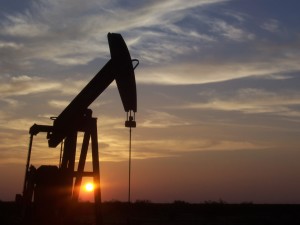Oilfield Worker’s Compensation Rights Are Not Lessened by Their Awareness of the Hazardous Conditions
 Nearly every industrial or construction worker is surrounded daily by heavy equipment, hazardous materials, and rigorous working conditions. The men and women working in the oil industry face some of the most dangerous conditions of any job in the United States. It is only with exceptional training and attention to maintaining safety standards that accidents do not occur every day. However, when they do happen, they can be
Nearly every industrial or construction worker is surrounded daily by heavy equipment, hazardous materials, and rigorous working conditions. The men and women working in the oil industry face some of the most dangerous conditions of any job in the United States. It is only with exceptional training and attention to maintaining safety standards that accidents do not occur every day. However, when they do happen, they can be
What the data does not show is the effect oilfield worker injuries have on the person harmed. It does not include the fear and pain they suffered, the medical bills they have to pay, and the loss of income during the time they were not able to work. Even worse is when the injury happens What the data does not show is the effect oilfield worker injuries have on the person harmed. It does not include the fear and pain they suffered, the medical bills they have to pay, and the loss of income during the time they were not able to work. Even worse is when the injury happens overseas, separating workers from their families. The reason for the injury may be employee error or irresponsibility, but in many instances, it is due to lack of proper training, inadequate maintenance, and substandard safety protocols.
There are several types of oilfield worker injuries including head, neck, back, and spinal cord. Many suffer broken bones, lost limbs, burns and illness from the exposure to toxic materials. Too often the injured party accepts worker’s compensation and believes they have no legal right to additional compensation. Many have the right to file a claim against the party responsible for the incident. A careless contractor that does not do their work properly or an equipment manufacturer selling products with known defects are just a couple of examples.

